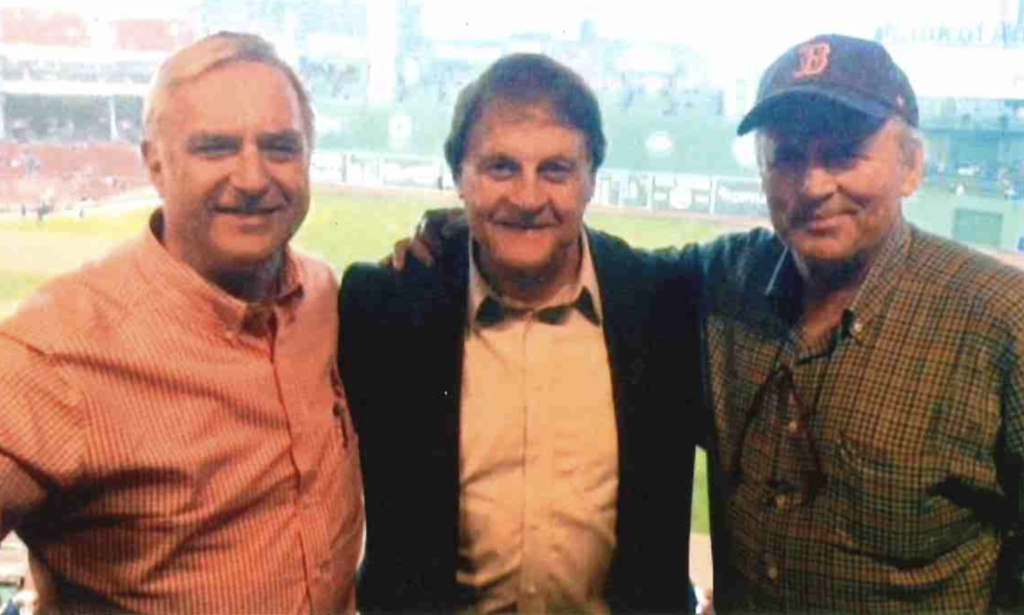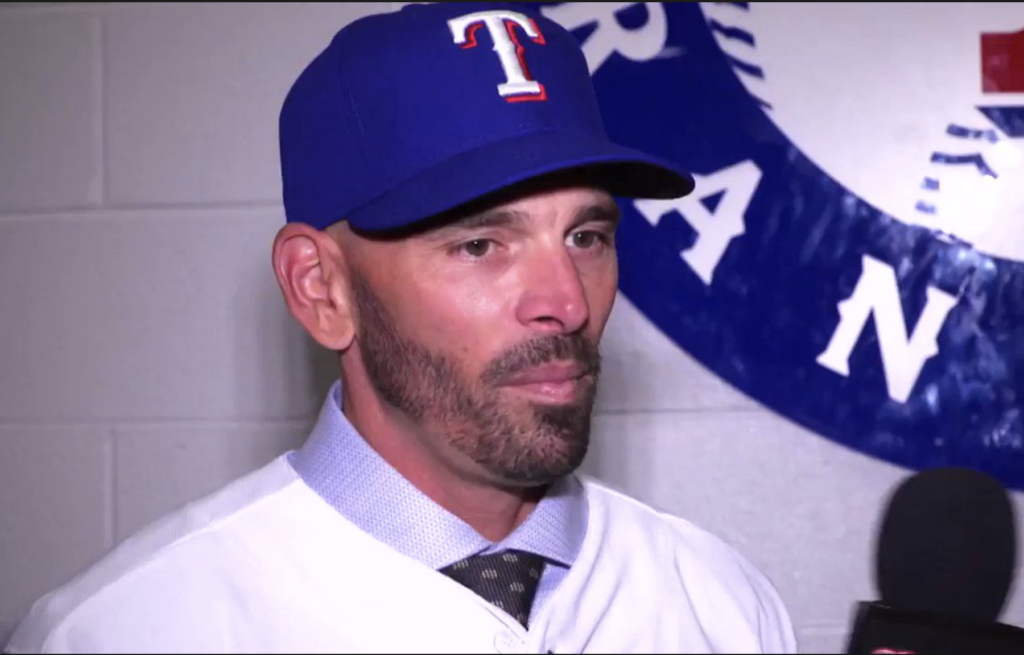Michael Lewis spoke at SMU’s Tate Lecture Series over a decade ago on Moneyball, his book about how Oakland A’s general manager Billy Beane created a successful small market, low payroll team by rethinking which performance statistics actually result in winning ballgames. Beane’s approach transformed the game, and other GMs soon followed his lead, reevaluating which player skill sets they should seek in building their teams.
On first blush, Mr. Lewis’ chosen topic at SMU that night seemed odd, since he surely knew the Tate audience was mainly comprised of aging businesspeople and their spouses, most of whom gave no indication of having much interest in the application of sports data. It didn’t take long though for his speech to catch fire as he shared Beane’s counterintuitive assessments that turned upside down some longstanding conclusions about best practices in selecting personnel for baseball rosters.
Within minutes, the crowd was hanging on Lewis’ every word, recognizing that what he was talking about was not so much baseball as it was the need for an organization’s thought leaders to rethink and perhaps discard the assumptions behind their industry’s conventional wisdom, and instead pursue innovation with more of a left brain approach. Looking around the auditorium, one could see people leaning in, surely thinking the same electric thought: “I need to be the Billy Beane of my industry, reevaluate my company’s business model, and challenge the assumptions behind our current modus operandi.”

What Michael Lewis did that night came to mind recently as I read Dallas Morning News baseball writer Evan Grant’s surprisingly optimistic accounts coming from the Texas Rangers’ 2019 spring training camp in Surprise, Arizona. For some context in previewing the coming season, last year’s Rangers had a disastrous campaign, finishing last in the AL West with a record of 67-95, which caused manager Jeff Banister to be fired in late September. To make matters worse, between the time the team bit the dust last fall and this year’s spring training, its best player Adrian Beltre retired; its farm system has no prospects ready to break into the parent team’s starting lineup; it signed no blockbuster free agents; and its starting rotation is largely made up of pitchers coming back from Tommy John elbow surgery. Anyone want to buy tickets to watch what appears to be a sub-mediocre ballclub likely to repeat as a cellar dweller in 2019?
Despite the bleak prospects for the coming season, Evan Grant has seen something encouraging this spring in Rangers’ manager Chris Woodward’s innovative approach to handling his players. Who knows? Maybe it will be as successful in turning around a bad ballclub as what Billy Beane did long ago with the A’s. What inspires this essay for Texas Lawbook is that what Woodward is doing to rewire his players’ mindsets may be worthy of law firm and business leaders rethinking their HR employee retention strategy and consider emulating parts of it.

A lifetime .239 hitter, forty-two year old Chris Woodward spent his 12 year big league playing career as a utility infielder for five different teams. Over the course of those years, in the locker rooms, on road trips, during spring training, and sitting on the bench during ballgames, he observed best and worst practices in attempting to keep players on an upbeat steady emotional keel that’s necessary for productive play in the field and also essential to maintaining positive team chemistry.
The primary conclusion Woodward drew is that it takes a special mindset for a ballplayer to succeed in battling insecurity and staying positive in the midst of the frequent hitting and pitching failures even star players often endure. Those who pretend otherwise are as emotionally dishonest as an 80-year-old man who wears a dark brown toupee.
In his February 22, 2019 column, Evan Grant described Woodward’s thoughts on guiding a player toward peak performance by rewiring his psyche:
His approach is “Embrace Insecurities.” Woodward explained: “If I share some of the vulnerability I felt throughout my career, maybe it will help these players get through some things. We all want to be tough. Well, you can be tough and not give in, and still have some anxieties about the game and learn from that. The only way you’re going to fix things is to attack them head on. If we’re going to pretend we’re tougher than we really are, we’re going to fall on our faces. We want our players to know that when they fall, they aren’t going to fall far.”
To emphasize this philosophy: Woodward walks around spring training with a T-shirt bearing the message: “Stay Positive”. When the writer asked the manager how he expects his players to achieve that goal, he responded: “The game says you’re only as good as your numbers. Our staff wants players to believe they’re only as good as their process. If the process is sound, the numbers will follow.”
Seeking to maintain consistent optimism, the Rangers have hired sports psychologist Josiah Igono whose thoughts align with Woodward’s: “We want to improve player performance, but to do that we need to create self-awareness, which allows an athlete to know his strengths and weaknesses, and that frees him up to accentuate his strengths.”
Exactly how does a ballplayer use awareness of his strengths and weaknesses to elevate his game? Once he has this awareness, Woodward believes the next step is to get him to talk about it with a teammate, and then challenge each other to overcome their weaknesses.
For example, Grant reported in his March 8, 2018 column that for years, Rougned Odor has struggled nightly as a hitter whenever he had two strikes against him. At that point, he has almost always lost his focus and swung at pitches outside the strike zone. He knew this was his Achilles heel and so did his teammates.
To address this problem, veteran Shin Soo-Choo (a more successful two strike hitter) has stepped up and spoken often with Odor this spring, and his mentoring has already paid dividends on the quality of his mentee’s at bats. Odor’s now exhibiting a newfound patience at the plate, and even drawing more walks then he’s ever had before.
To make sure such conversations keep happening, Grant reports that Woodward schedules a short meeting with his players every day. The manager explained why: “There has to be constant communication. That’s critical. We want players to speak at the meetings. When you say something out loud to a group, you tend to back it up. You become accountable to your words. It’s important for a player to tell his teammates what he’s going to do today and then stick to it.”
Reminiscent of how Michael Lewis lit up the Tate Lecture crowd many years ago with his Billy Beane turnaround story, Evan Grant’s account of Chris Woodward’s new team-building approach might well cause lightbulbs to begin turning on at law firms and businesses with leaders who recognize that baseball strategies aimed at calming anxiety, elevating optimism, mentoring effectively, and creating accountability may have some human relations crossover potential for moving the needle in the professional work environment.
For much to happen in the way of anyone’s being motivated to follow Woodward’s approach, however, his methods will probably need to produce some quantifiable success over the course of the coming season. My suggested benchmark: the 2019 Texas Rangers need to win at least 15 more games than they did last year (and thereby finish above .500) before the new approach starts gaining traction. If that level of improvement comes to pass, expect Chris Woodward to be named the American League’s Manager of the Year, and that might cause Michael Lewis to write a book about him.
Talmage Boston is a partner in the Dallas office of Shackelford, Bowen, McKinley & Norton, LLP, the author of two baseball history books; and a Media Member of the Texas Baseball Hall of Fame.
